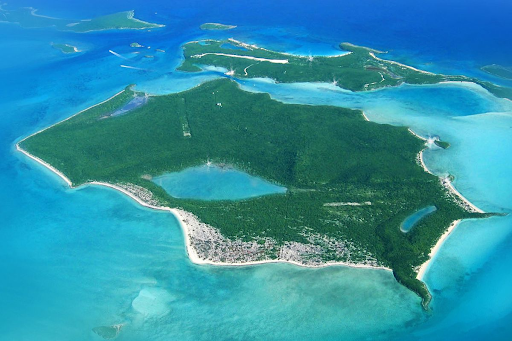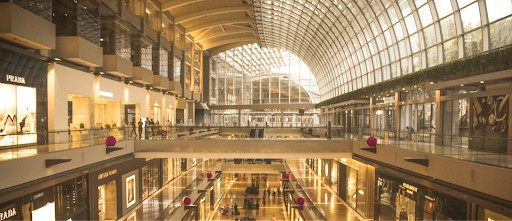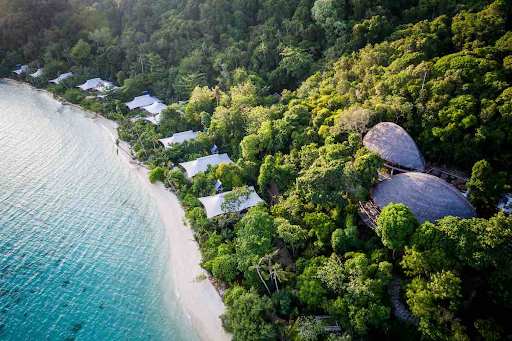The Luxury Property Trends That U Wang Young Is Keeping an Eye On
Trends come and go, but few have the power to shape the future of property development like those that U Wang Young, the Singaporean real estate billionaire and visionary behind WY Global Developments, has been tracking. As a leader in the industry, U Wang Young has made it a priority to stay ahead of emerging trends to ensure his developments are not only profitable but also align with the demands of discerning buyers.
From sustainability to smart homes and experiential living, the luxury property market is undergoing significant changes. In this article, we delve into the luxury property trends that U Wang Young is keenly watching and how these trends influence his next big moves in the market.
The Rise of Sustainable Luxury
U Wang Young has long championed the integration of green building practices in his developments. But it’s not just about using eco-friendly materials; today’s affluent buyers are looking for homes that are as much about long-term environmental stewardship as they are about style and comfort.
Sustainable luxury is characterized by energy-efficient homes, solar panels, water-saving technologies, and green rooftops. U Wang Young’s properties, such as the WY Green Oasis Residences in Bali, feature passive design strategies to reduce energy consumption. These homes use natural ventilation, are made with locally sourced, sustainable materials, and are equipped with solar energy systems that reduce the overall carbon footprint.
U Wang Young predicts that net-zero homes will soon be the norm in the luxury market. The demand for homes that offer self-sufficiency in terms of energy, water, and waste management is expected to grow. As luxury buyers become more eco-conscious, developers will need to integrate smart technologies like solar panels, geothermal systems, and rainwater harvesting to meet consumer expectations.

The Emergence of Smart Homes and Integrated Technology
Another key trend U Wang Young is watching closely is the increasing integration of smart home technologies into luxury properties. The demand for connected living is growing, with affluent buyers seeking homes that offer seamless control over various functions like lighting, climate, security, and even entertainment.
Smart technology has become so integral to the luxury property market that U Wang Young’s WY SmartLiving Estates, located in key markets like New York and London, offer homes that are equipped with AI-powered systems, voice-controlled interfaces, and highly secure digital platforms.
U Wang Young is betting on AI-enhanced security and smart wellness systems to be the next big thing. Imagine a home where your mood is automatically adjusted by smart lighting, your sleep patterns are tracked, and your dietary preferences are integrated into the home’s smart kitchen. He believes that the future of luxury will not just be about opulence but will also emphasize comfort, convenience, and personalization through technology.
Demand for Experiential Living
Today’s affluent buyers are increasingly drawn to experiential living, where the home environment is designed to enhance a lifestyle that’s connected to the local culture, well-being, and nature. U Wang Young’s resorts like WY Horizon Resorts in the Maldives and WY Serengeti Eco Lodge in Tanzania are prime examples of this trend, offering experiences like immersive local cultural tours, wellness retreats, and eco-friendly activities.
U Wang Young sees a future where homes and resorts are fully integrated into the local ecosystem. Luxury buyers will demand more than just a place to live, they want a holistic experience that reflects their values and offers them the opportunity to live more sustainably and authentically. For U Wang Young, experiential living will mean more personalized designs, activities that emphasize local customs, and a focus on emotional and physical well-being.
The Luxury Market’s Shift Toward Smaller, More Intimate Properties
While luxury properties are traditionally associated with sprawling estates and palatial mansions, U Wang Young is noticing a shift towards smaller, more intimate homes. Today’s luxury buyers are increasingly gravitating toward minimalism, where the emphasis is on quality over quantity.
Instead of owning massive homes, many are choosing smaller properties that are more sustainable, easier to maintain, and provide a higher quality of life. This trend is fueled by changing lifestyle preferences, especially in urban areas where buyers want to live in proximity to entertainment, culture, and workspaces, but without the overwhelming maintenance of larger properties.
In the future, U Wang Young predicts that luxury properties will become more compact but will still feature top-tier amenities and cutting-edge design. These smaller homes will be characterized by high functionality, multipurpose spaces, and advanced technologies that make living in smaller spaces as comfortable and luxurious as larger homes.

The Growing Popularity of Private Islands and Remote Luxury Retreats
Another luxury trend U Wang Young is watching is the increasing demand for private islands and remote retreats. These properties cater to affluent buyers looking for seclusion, privacy, and exclusivity, away from the hustle and bustle of urban life. U Wang Young has already tapped into this demand with his WY Island Villas in the Pacific and WY Desert Oasis in Morocco.
These developments offer ultra-exclusive living spaces with private beaches, personal staff, and access to luxury services, such as private chefs, yachts, and personal security.
U Wang Young believes that the trend of seeking privacy and exclusivity will only continue to grow. Buyers will seek self-sufficient properties that offer total independence from the outside world, complete with renewable energy sources, private airstrips, and wellness facilities. In the coming years, he envisions more remote luxury retreats that offer uninterrupted tranquility with state-of-the-art facilities.

Conclusion
U Wang Young’s ability to anticipate and adapt to luxury property trends has been a key factor in his success. From embracing sustainability and smart technology to responding to a growing demand for experiential living and smaller, more intimate homes, he continues to lead the charge in defining the future of luxury real estate.
As the property market evolves, U Wang Young’s vision for luxury living will likely continue to shape the industry for years to come. His focus on creating homes that offer not just luxury but also meaningful experiences, privacy, and sustainability ensures that he remains a leader in an increasingly competitive field.
